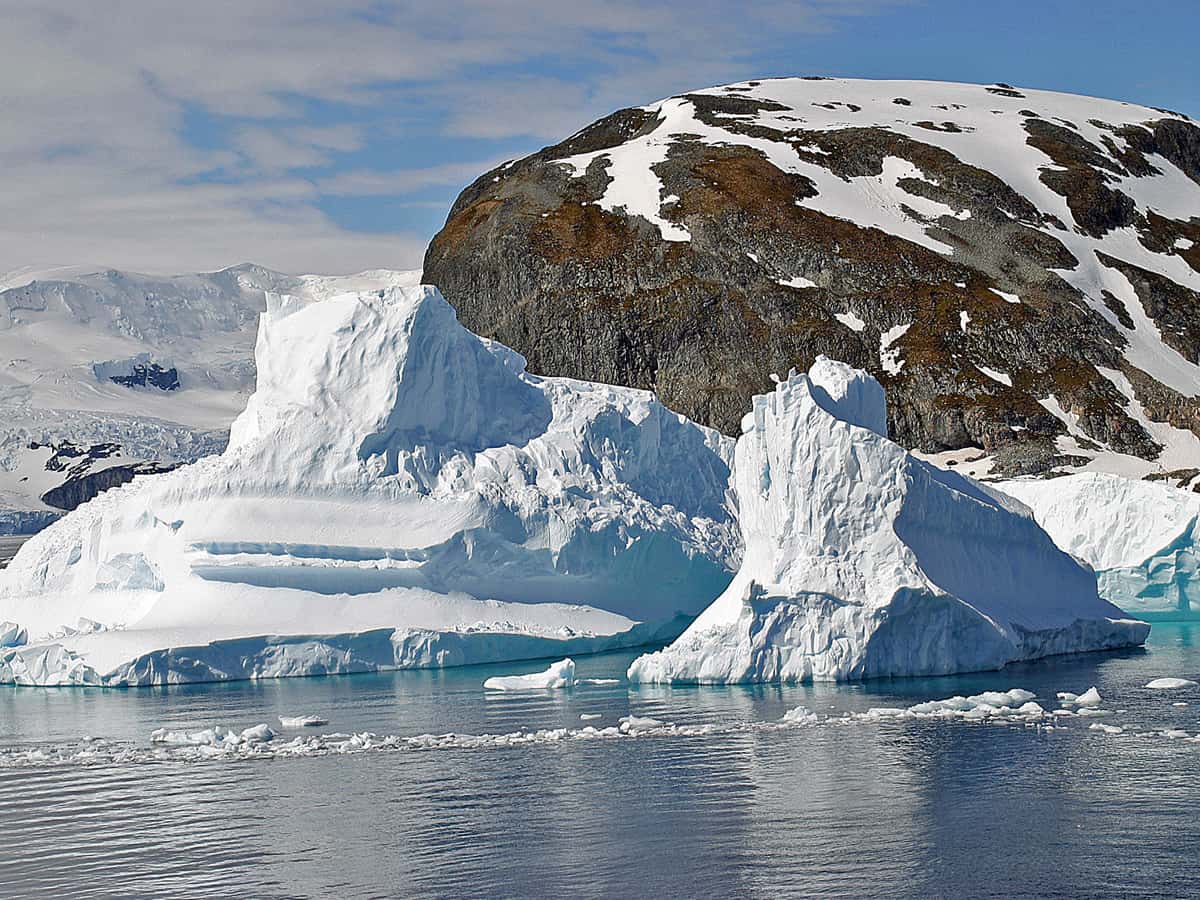Geneva: The UN World Meteorological Organization (WMO) has confirmed a new maximum temperature record for the Antarctic of 18.3 degrees Celsius (64.9 degrees Fahrenheit).
“The WMO has recognized a new record high temperature for the Antarctic continent of 18.3° Celsius on February 6, 2020, at the Esperanza station (Argentina),” the UN agency said in a press release on Thursday.
WMO Secretary-General Petteri Taalas said it was essential to verify the record high temperature for the Antarctic Peninsula, which is among the fastest-warming regions – almost 3 degrees Celsius over the last 50 years.
“The Antarctic Peninsula is among the fastest-warming regions of the planet, almost 3°C over the last 50 years. This new temperature record is therefore consistent with the climate change we are observing. WMO is working in partnership with the Antarctic Treaty System to help conserve this pristine continent,” said Prof. Taalas.
The previous record verified by the WMO for the Antarctic continent was 17.5 degrees Celsius (63.5 degrees Fahrenheit) recorded on March 24, 2015, at Esperanza Research Station.
WMO simultaneously rejected the previous record for the Antarctic region of 20.7 degrees Celsius (69.3 degrees Fahrenheit) reported on February 9, 2020, on Seymour Island.
A committee for WMO’s Weather and Climate Extremes Archive conducted an extensive review of the weather situation on the Antarctic peninsula at the time of the reported records.
“It determined that a large high-pressure system over the area created fohn conditions (downslope winds producing significant surface warming) and resulted in local warming at both Esperanza Station and Seymour Island. Past evaluations have demonstrated that such meteorological conditions are conducive for producing record temperature scenarios,” the release said.
The committee also examined the two observations’ instrumental setups.
The examination of the data and metadata of the Esperanza station observation, operated by Argentina’s national meteorological service (Servicio Meteorologico Nacional, SMN) revealed no major concerns.

